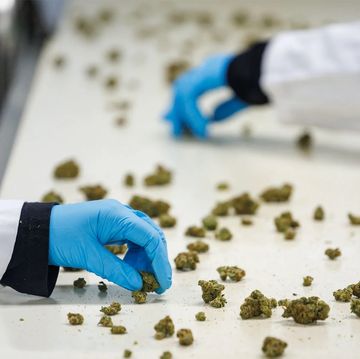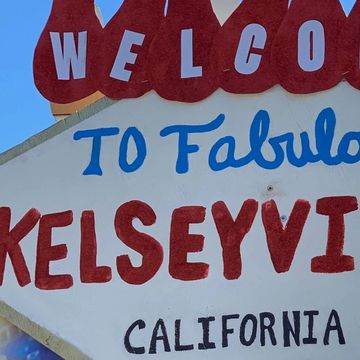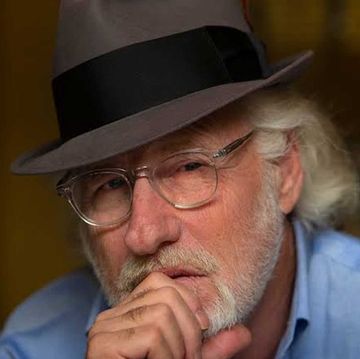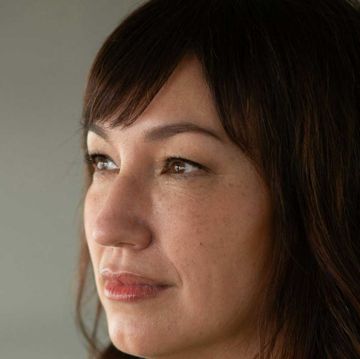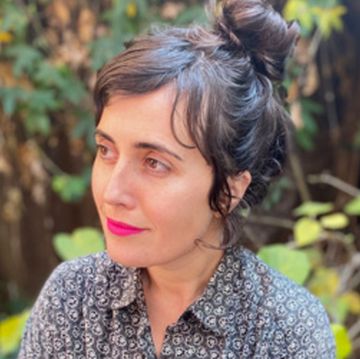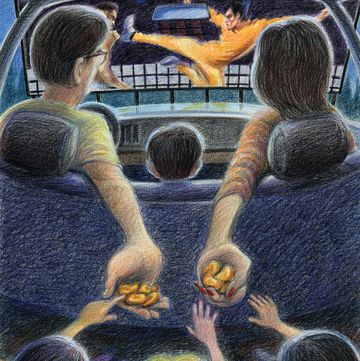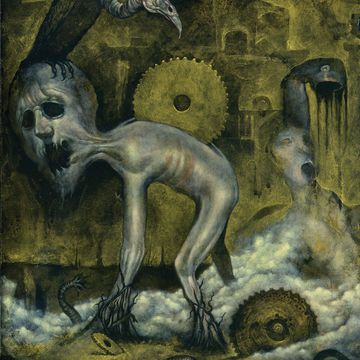Myriam Gurba sometimes lights a candle in her workspace in Long Beach before she starts writing for the day. She says, “It’s especially important for me to do that when I’m writing about an ancestral figure, especially ancestral figures who I had a connection with in life. I want to make sure that I’m writing in such a way that honors them and that is truthful.” When the flame begins to dance and move, she takes it as an indicator of where the prose needs to go.
This article appears in Issue 25 of Alta Journal.
SUBSCRIBE
In Gurba’s memoir, Mean, and her essay collection, Creep, she forges a closeness with painful things, and a range of rituals allowed her to better connect with the material. When she wrote an essay that chronicled her relationship with her grandfather, and his relationship with literature, she relied heavily on candle work and a technique similar to bibliomancy. While she lets her projects dictate what needs to be accomplished in a day, Gurba also sets the tone by making offerings to ancestors at her altar. During Gurba’s childhood, her mother kept altars, and she still keeps a Catholic altar on which she says a rosary every morning—it doubles as a wet bar.
Gurba sees it as her responsibility to care for her ancestors and nurture their spirits “in a way that’s similar to caring for living bodies. I have to provide them with water, and I have to provide them with coffee.… That is my way of maintaining a daily relationship with them and not just a relationship that is intermittently sentimental.” She provides caffeine, she says, because she “wants them chatty.” She also cooks their favorite foods; her grandmother, for instance, loved chiles rellenos, so that is the latest dish on the altar.
Offerings are not made only to biological ancestors. When Gurba was writing about Richard Ramirez, the Night Stalker, in Creep, she burned incense and placed flowers as an offering to his victims. She also wrote critically of Joan Didion, who she nonetheless feels has been an undeniable influence. While working on the essay, Gurba offered Didion her favorites, a bottle of Coca-Cola and tobacco, to sweeten the critique: “This is going to be painful, but here’s a little bit of sugar, Joan.”
Intuition and spirituality are driving forces for Gurba, but so, too, is her solid grasp of history, a passion she inherited from her father. “History tends to be my point of entry into a lot of prose,” she says. “I begin by examining the history and getting an overview of the history of a particular subject. And then trying to locate myself and my concerns within the history.”•
Anita Felicelli is Alta Journal ’s books editor and the author of How We Know Our Time Travelers, Chimerica, and Love Songs for a Lost Continent.


